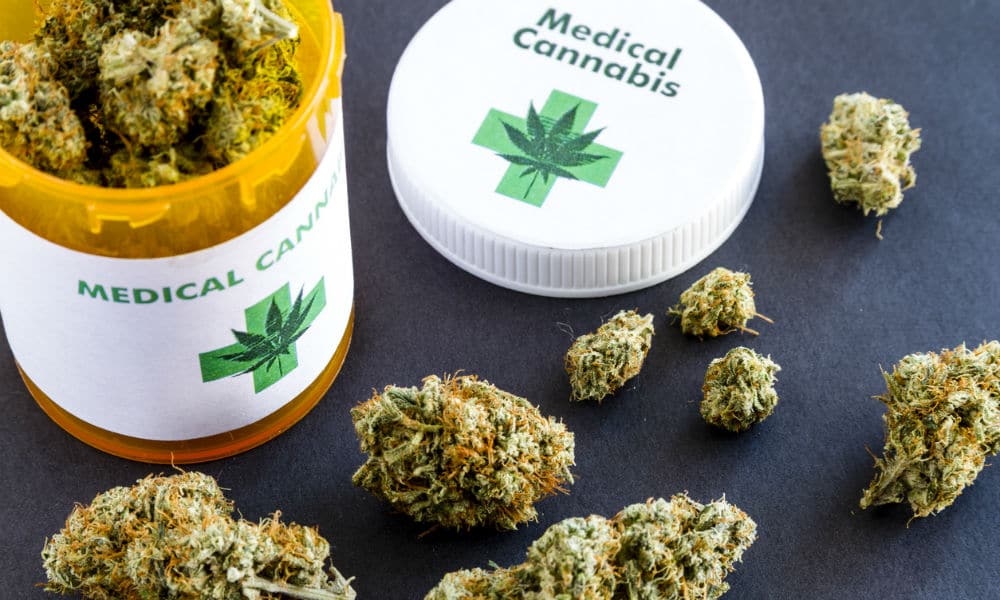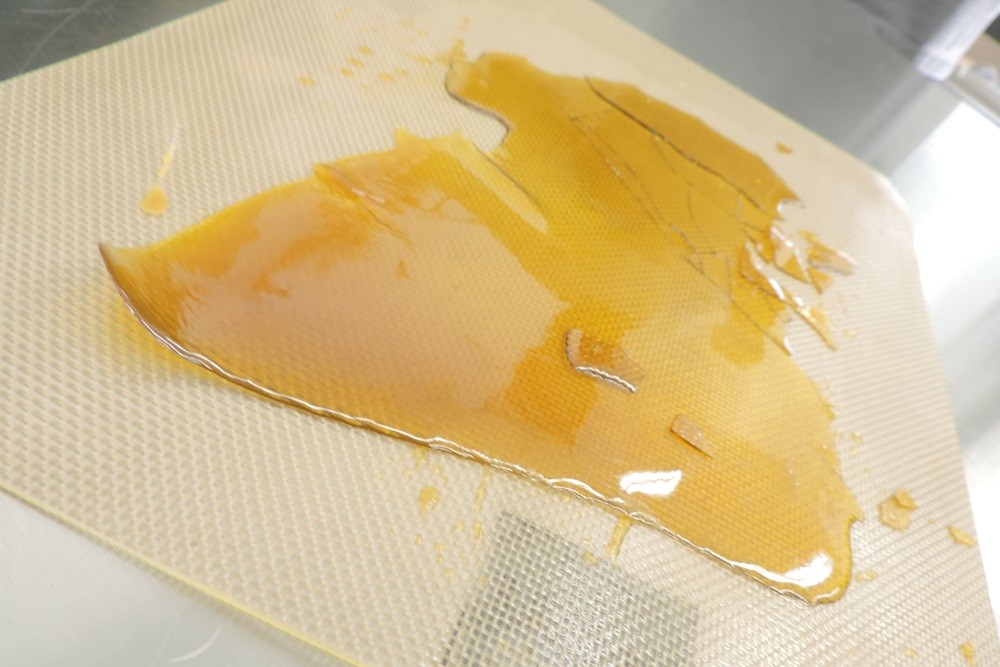Now that it’s legal to buy marijuana (in most states), all you need to know are a few basics before heading to your nearest dispensary. Using this step by step guide will save you time and money on your next marijuana purchase. Marijuana is now legal for medical use in 29 states + the District of Columbia, it’s also legal in 9 states for recreational use. There are different laws and rules for both – recreational and medical use of marijuana. Whether you’re a curious newbie, a user from days past getting back into cannabis now that it’s legal, or a seasoned stoner wanting to take your habits above ground, the process for purchasing medicinal and recreational cannabis can be confusing and daunting given the variety of options available.
That’s why we’ve created this Guide to Buying Marijuana. Know what you can buy, where you can buy it, and how you much of it you’re allowed to buy at a time.
There are still many states where marijuana remains illegal for recreational use, and more than half of all states have legalized cannabis for medicinal purposes. In this guide, we include methods of buying marijuana that are deemed illegal – even in states that have legalized recreational pot.

Can I use a credit or debit card to buy marijuana?
No, you cannot use a debit or credit card to buy marijuana from a licensed cannabis dispensary. Since marijuana is still technically illegal under federal law, banks and credit card companies are not allowed to have anything to do with marijuana. Buying marijuana is a cash-only business! Most dispensaries will have an ATM machine inside their shop for you to withdraw cash for your purchase.
How Do I Buy Marijuana For Medical Use?
If you live in 1 of the 29 states that allows the use of marijuana for medicinal purposes “medical marijuana aka MMJ”, you’re legally allowed to go into any dispensary to purchase many different forms of marijuana, as long as you have a need for it & a prescription from a doctor.
Though each state has its own specific laws regarding medical marijuana (MMJ), particularly where possession limits and cultivation of plants is concerned, most of them have a very similar framework for how patients qualify for and purchase medicinal cannabis: Doctors may recommend medical marijuana for patients with certain conditions that are improved with cannabis use.
Because marijuana is still considered a Schedule 1 Controlled Substance at the federal level, doctors cannot prescribe it. Instead, they provide referrals or recommendations to patients – essentially prescriptions, but different legal terminology.
Referral in hand, patients may then obtain a Medical Marijuana Card from their state (sometimes nicknamed “Green Cards”).
With their MMJ cards, patients may visit licensed dispensaries that sell medicinal cannabis and cannabis products, like edibles, concentrates, CBD’s & smoking accessories.
Only MMJ patients may visit medical dispensaries, and dispensaries may only sell to card-carrying MMJ patients.
Without a doubt, the acceptance of marijuana for medicinal use has dramatically increased support for legalizing recreational marijuana. It is no coincidence that every state or municipality that has legalized recreational marijuana thus far had already legalized MMJ in prior years.
To qualify for MMJ, patients must have a pre-existing condition approved for MMJ use. The exact conditions vary by state, but generally include:
Cancer
Glaucoma
Nausea
HIV or AIDs
Epilepsy
Chronic pain
Chronic nervous system disorders
Anxiety and stress
Eating disorders
Loss of appetite from other medication/treatment
Arthritis
Post-traumatic stress disorder (PTSD)
Multiple sclerosis
Parkinson’s disease
Alzheimer’s
Hepatitis C
Persistent muscle spasms
To learn more about what conditions are eligible for medical marijuana, visit your state health department’s website.
Once you have a doctors order, or in same states, what they call a Red Card or Cannabis Card, you’ll need to take that along with a valid, state issued I.D into your nearest dispensary… it’s that easy!
Who Can Recommend Medical Marijuana
Again, laws vary by state, but generally a patient’s primary care provider can recommend medical marijuana.
In most states, these providers include:
Doctors
Physician assistants
Advanced registered nurse practitioners
Naturopaths
If your primary care provider objects to giving referrals for medical marijuana, it will likely not be difficult to find another provider who actively recommends MMJ to qualifying patients. Many of them, in fact, advertise openly that they give MMJ referrals.
When searching for an MMJ-friendly provider, look for one that:
Is a licensed professional that meets your state’s criteria for recommending MMJ
Checks patients’ records prior to making a recommendation
Conducts a thorough exam prior to making a recommendation
Cares about your overall health and well-being
Obtaining a Medical Marijuana Card
Once you have received an MMJ referral from a qualified medical provider, you will need to obtain your medical marijuana card by completing a state-required application and submitting it to the regulatory body who oversees the state’s medical marijuana program. Once your application is approved, you will receive the card that allows you to enter and make purchases from a state-licensed dispensary..
In some states, such as Washington, patients do not have to obtain a state MMJ card; instead, a doctor’s recommendation is all that is required. However, many of the providers who make the recommendations in these states will give patients non-state-affiliated cards that save patients from having to take their doctor’s recommendation with them every time they visit a dispensary, and that help participating dispensaries easily identify patients.
To apply for an MMJ in states that require them, you will likely need (and again, check with your state’s Department of Health for more details):
Proof of identity (driver’s license, other state-issued ID, passport, etc.)
Doctor’s recommendation
Proof of residency, which may include:
Rent or mortgage agreement
Utility bill
In-state vehicle registration
Applicable fees
Any necessary application forms and materials
You will likely be required to apply in person at a designated county office where your forms will be processed, your picture will be taken, and–if all qualifications are met–you’ll become a licensed medical marijuana patient in your state.
Patients traveling out of state to other MMJ states: some states will allow qualified out-of-state patients to their dispensaries; others will not; and still others may have out-of-state visitor requirements (such as specific proofs and forms) for entry. Be sure to get familiar with the laws related to out-of-state MMJ patients if visiting another state.
Finding a Dispensary to Buy Marijuana From
You’ve been referred by a qualified medical provider and, if necessary, obtained your MMJ card. Now, where can you buy medical weed?
Finding a dispensary may be more difficult in some states than others because of laws that restrict where the dispensaries can be located and how they can advertise. And, unfortunately, most state Departments of Health do not have official directories of medical dispensaries though it’s worth making a call to them to check.
To find dispensaries in your area, explore these common sources:
Local newspapers and magazines, particularly alt-weeklies
Ask your medical provider if they can recommend one
When out and about, keep your eyes open for any stores displaying a green cross since this is the universal sign for a medical marijuana dispensary
Search an online directory. These are often city-based and may have up-to-date dispensary lists with product details, so you know what you can buy before you go.
Laws for Buying and Possessing Medical Marijuana
So you’ve finally found a dispensary and are ready to buy some medical marijuana. How much can you buy in a single visit, and how much can you possess total?
No surprise there – the laws related to how much medical marijuana can be purchased vary greatly from state to state. In Oregon, for example, patients may possess up to 24 ounces of usable cannabis, while in Delaware, the limit is only 6 ounces.
Some things to research before you buy marijuana from a dispensary:
Limits on how much you may buy in a visit
Do these limits differ depending on the form of cannibis you buy (bud vs. edibles vs. concentrates)?
Limits on how much you may possess at a given time
Is this different from how much you can buy?
Is there a cap on how much you may possess as a household, regardless of how many adults are in the household?
Limits on growing your own weed
Are you allowed to cultivate your own plants in your state?
If so, how many? In what stage of flowering or maturity?







